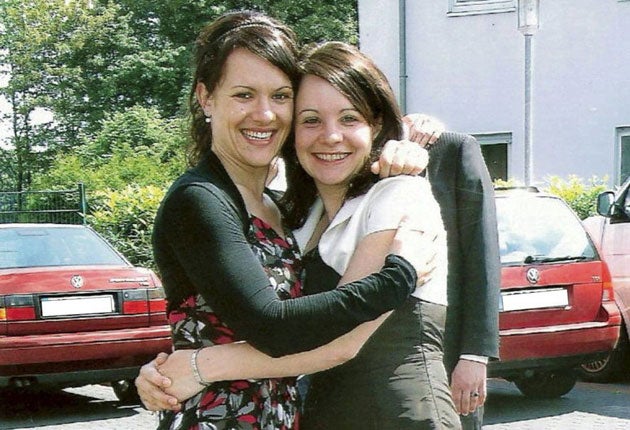UK is 'doing too little to free British hostage in Yemen'
But Foreign Office defends low-key approach to case of engineer kidnapped by militants a year ago

He is being called Britain's forgotten hostage. The aid worker was seized almost a year ago in Yemen by militants who murdered three of his fellow captives. In 20 days, if he is still alive, he will have been in captivity for a year. There is growing concern that the British government is doing too little to find him.
The engineer, who was working in a hospital as part of a Christian aid project, was kidnapped by militants linked to al-Qa'ida while on a picnic in the north of the country.
His identity has been kept secret by the British and Yemeni authorities – he is known only as "Anthony S" – and they have said little about his likely condition or whereabouts.
He was part of a nine-strong party, including three children, to be taken hostage on 12 June after a picnic in the province of Saada. With him were a German couple, their children, two German nurses, Anita Gruenwald and Rita Stumpp, and a South Korean teacher, Young-Sun Lum.
Even with the release last week of two of the German children who were taken prisoner with him, there was silence among the authorities on what progress has been made in finding out what has happened to him.
Hakin Almasmari, editor of the Yemen Post, is among those to have raised concerns about the level of effort put in by the British Foreign Office.
He was struck by the obvious effort put in by the German Foreign Ministry to find the German couple, Johannes and Sabine Hentschel, and their children Lydia, Anna and Simon. Their efforts included the Foreign Minister, Guido Westerwelle, raising the issue during a visit to Yemen, and the Germans were rewarded last week by the return, in unexplained circumstances, of Lydia, 6, and Anna, 4, who were picked up by a Saudi military unit less than two miles inside the Yemen border. Unsubstantiated reports suggest a ransom was paid.
By contrast, said Mr Almasmari, the British have been seen to do little: "The British aren't even trying to give the least effort. That has made his situation vague. There has been nothing whatsoever. All the news has revolved around the Germans. More pressure must be put by the British authorities. In the UK there's no pressure whatsoever."
Hostage-taking is regarded as something of a national sport in Yemen where captives are traditionally well treated and used as negotiating chips, usually for money or influence, but on this occasion events took a murderous turn. Shortly after being taken captive the two German nurses and the South Korean teacher were stabbed and battered to death and their bodies left in a dry river bed, where they were discovered by shepherds.
Why they were killed remains a mystery but it is feared they were executed by Islamic extremists who shifted into Yemen as their havens in Iraq and Afghanistan grew untenable. There have been strong suggestions in Yemen that members of the Christian group, who worked at the Jumhuri Hospital in Saada as part of a project led by the Christian organisation Worldwide Services, had been trying to win converts in the Muslim region.
Officials at the Foreign Office deny they are failing the British hostage, and one source insisted that the low-key approach has been chosen deliberately to maximise the chances of winning his release.
British diplomats in Yemen have been working closely with the Germans, The Independent on Sunday was told, while leaving them to take the more public role. One concrete measure has been the formation of a joint British, German and Yemeni team to investigate the kidnappings.
There is fear within the Foreign Office, even a year after the kidnapping, that a higher profile would increase the hostage's value to his captors and lessen his chances of freedom. A similar attitude has been taken in the case of Paul and Rachel Chandler, the British couple seized by Somali pirates in October 2009.
Subscribe to Independent Premium to bookmark this article
Want to bookmark your favourite articles and stories to read or reference later? Start your Independent Premium subscription today.

Join our commenting forum
Join thought-provoking conversations, follow other Independent readers and see their replies